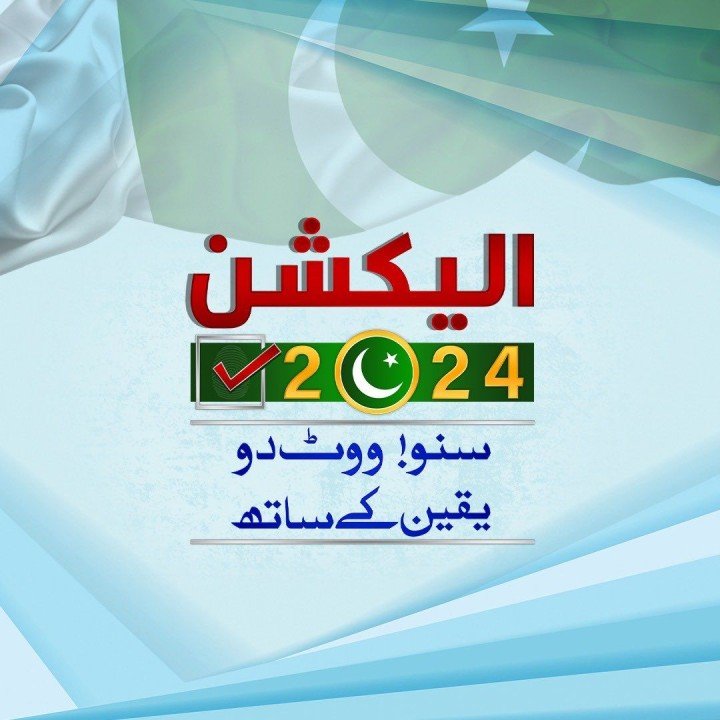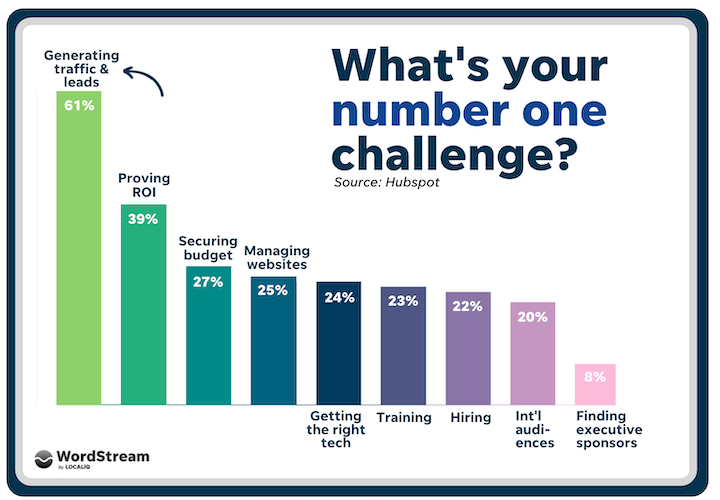Navigating the Current Political Landscape: Pakistan's Elections in Focus
As Pakistan stands at a crucial juncture in its political trajectory, all eyes are on the upcoming elections. The country's political landscape is ripe with complexity, challenges, and opportunities, making the electoral process a pivotal moment for its future direction. In this blog post, we delve into the current situation in Pakistan regarding the elections, exploring key dynamics, issues, and potential outcomes.

Introduction: As Pakistan stands at a crucial juncture in its political trajectory, all eyes are on the upcoming elections. The country's political landscape is ripe with complexity, challenges, and opportunities, making the electoral process a pivotal moment for its future direction. In this blog post, we delve into the current situation in Pakistan regarding the elections, exploring key dynamics, issues, and potential outcomes.
-
Political Dynamics: Pakistan's political arena is characterized by a diverse array of parties representing various ideologies, interests, and regions. The incumbent government, led by Prime Minister Imran Khan's Pakistan Tehreek-e-Insaf (PTI) party, faces formidable opposition from traditional parties such as the Pakistan Muslim League-Nawaz (PML-N) and the Pakistan Peoples Party (PPP). Additionally, emerging players and smaller parties contribute to the intricate political mosaic of the country.
-
Socioeconomic Challenges: Amidst the political maneuvering, Pakistan grapples with pressing socioeconomic challenges. Issues such as inflation, unemployment, poverty, and infrastructural deficiencies resonate deeply with the electorate. The electorate's verdict in the upcoming elections will likely hinge on how effectively each political entity addresses these critical concerns and offers viable solutions.
-
Electoral Reforms and Transparency: Pakistan has witnessed calls for electoral reforms aimed at enhancing transparency, credibility, and inclusivity in the electoral process. Debates surrounding the role of the Election Commission of Pakistan (ECP), electoral laws, and mechanisms for ensuring fair play have gained prominence. The credibility of the electoral process will significantly influence public trust in the democratic system and the legitimacy of the ensuing government.
-
Regional and International Dynamics: The geopolitical landscape surrounding Pakistan adds another layer of complexity to its electoral dynamics. Relations with neighboring countries, particularly India and Afghanistan, as well as global powers like the United States and China, can impact the domestic political discourse. Moreover, security concerns, including the persistent threat of terrorism, shape public perceptions and government policies.
-
Youth and Digital Engagement: Pakistan's youthful population, with a significant percentage under the age of 30, wields considerable influence in shaping the electoral outcome. The role of social media and digital platforms in mobilizing, informing, and engaging young voters has become increasingly pronounced. Political parties and candidates are leveraging these mediums to reach out to the electorate and garner support.
-
Potential Outcomes: As the electoral process unfolds, various scenarios could materialize. The incumbent government aims to secure a renewed mandate, emphasizing its achievements and vision for the future. Conversely, the opposition seeks to capitalize on public discontent and present itself as a viable alternative. Coalition dynamics, post-election alliances, and the role of smaller parties may also shape the eventual composition of the government.
Conclusion: The upcoming elections in Pakistan hold immense significance for the country's democratic journey and future trajectory. Against a backdrop of political, socioeconomic, and regional complexities, the electorate faces critical choices that will shape governance, development, and international relations. As stakeholders engage in spirited debates and campaigns, the ultimate verdict rests with the voters, underscoring the vitality of participatory democracy in charting Pakistan's path forward.
- Pakistan
- Elections
- Politics
- Democracy
- Socioeconomic Challenges
- Electoral Reforms
- Transparency
- Regional Dynamics
- International Relations
- Youth Engagement
- Digital Media
- Political Parties
- Governance
What's Your Reaction?




















![Canva Tutorial For Beginners | How to Use Canva Like PRO [FREE] | Canva Full Course](https://img.youtube.com/vi/yWJp7gQqCQ8/maxresdefault.jpg)

